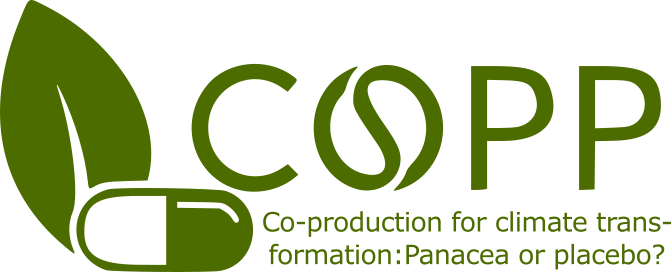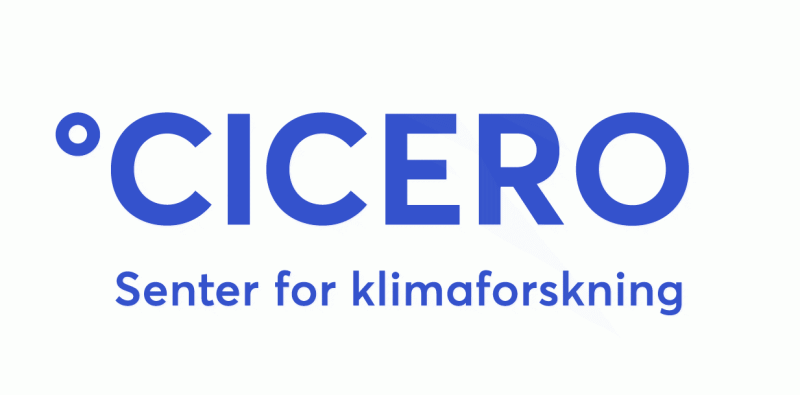
Knowledge co-production for climate change transformation: Panacea or placebo? (COPP)

COPP explores to what extent and how co-production, the collaborative production of science with stakeholders, is transforming the Norwegian climate research system and influencing two spheres of societal transformation: Climate services and adaptation; and energy transition. There is a push for participatory research in the transformation literature, and science funders increasingly require stakeholder participation in research for climate action, driven by an assumption that this leads to higher social impact. While co-production brings numerous benefits to the scientific process—such as legitimacy and insights that would otherwise not be accessible—the implications of institutionalizing co-production as a formal requirement in climate research has been little explored.
COPP will select and analyse cases consisting of co-production projects situated in Norway’s research system, including cases with indigenous participants, with a focus on how the co-production imperative influences the practices in each project while contributing to shifts in rules, norms and culture within this system. This perspective is further enriched with a longitudinal study of how the co-production has evolved in the national system over time. The project will develop and test a conceptual framework for assessing the outcomes and impact of co-producing climate knowledge. This framework will also be translated into best-practice guidelines and a training program for developing impactful research programs.
The project will advance our understanding of how and under what conditions knowledge co-production can help deliver transformative outcomes and impact, as well as identifying unintended and unwanted outcomes of coproduction. The project will contribute to a transformative climate research agenda and support societal action for transformative adaptation and mitigation.








